Why leaders feel lost after a promotion (and what to do about it)

Why leaders feel lost after a promotion (and what to do about it) 🎧 Listen (5 min) It’s a common experience for leaders as they advance: the higher they rise, the less “tangible” their work seems. The days of deliverables and clear wins give way to meetings, conversations, and decision-making behind the scenes. Many start […]
Red flags of insecure leaders (and what to do instead)

Insecure leadership stalls progress, erodes trust, and drives top talent away. From micromanagement to blame-shifting, these red flags show up in even the most seasoned leaders. Discover how leadership coaching helps organizations replace insecurity with confident, high-impact leadership that strengthens teams and fuels long-term growth.
Reflect, Recharge, and Refocus: A Year-End Leadership Exercise

As the year winds down, take a moment to reflect on your journey as a leader. This exercise helps you evaluate your impact, learn from challenges, and set purposeful goals for the year ahead. Leadership is about more than hitting targets—it’s about growth, relationships, and preparing for what’s next.
Letting go could be your greatest leadership strength

Do you find it hard to let go of control as a leader? Embracing an outcome-agnostic approach can be one of your greatest strengths, empowering your team, boosting creativity, and fostering growth. Explore practical ways to build trust, reduce stress, and lead with flexibility in this article.
Great leaders take time to reflect (and you should too)

When was the last time you truly paused to think—not just about what you’re doing, but about how you’re leading and the impact you’re making? In this article, I’m sharing how reflection can transform your leadership presence and deepen your impact.
Feel your emotions, don’t lead with them

Ever feel like your emotions are running the show? As a leader, moments like these can either strengthen or weaken your impact. Discover how to harness your emotions to build trust, drive results, and lead with steadiness and impact.
Time to review your reviews

Too often, performance reviews feel like a dreaded task—awkward, rushed, and uncomfortable. But they don’t have to be. With the right approach, you can turn these reviews into powerful conversations that inspire growth and connection.
Are you making bad decisions?

Is your decision-making style be sabotaging your success? How do you ensure you’re making the right choices? Read more to explore how your decision-making process could be your biggest asset—or your biggest hurdle.
Self-aware leaders are effective leaders

Self-awareness is foundational to effective leadership. Leaders who are in tune with their own behaviors, emotions, and impact on others are better equipped to lead with empathy, make informed decisions, and foster a positive work environment.
The $227,000 leadership problem

Here’s a typical example of how an organization may be losing $227,000 per year due to ineffective leadership that often goes unnoticed or is overlooked.
How to use empathetic responses to drive employee satisfaction

Curious how you can drive employee satisfaction? We all have a strong inclination to offer unsolicited advice/solutions, solve problems for others, or automatically provide direction. While there are definitely times when this approach is appropriate, it should be used intentionally, as it may not always help someone feel truly heard or valued.
Who should receive leadership coaching?

Who should receive leadership coaching to maximize its impact? Despite the clear benefits, many organizations hesitate to invest in leadership coaching due to budget constraints.








